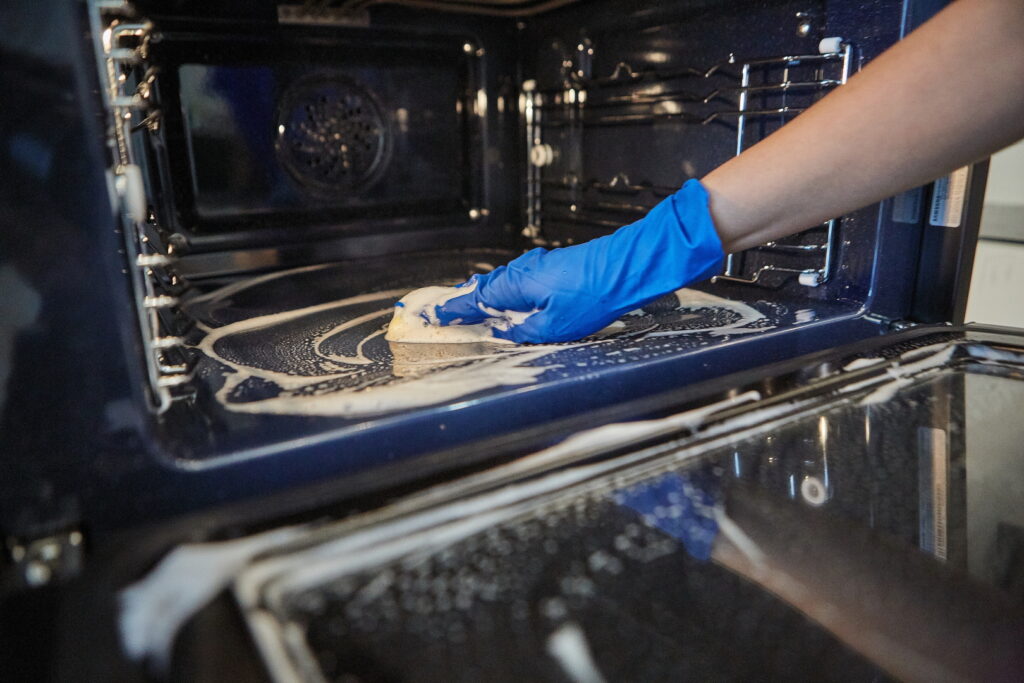Unlocking the Future: What Changes Can Tradespeople Expect in 2024?
As we approach 2024, tradespeople across various industries are preparing for a year poised to bring substantial changes in their work environments, regulatory landscapes, and technological advancements. As the world evolves, so too must the skilled trades that form the backbone of our economies. In this comprehensive guide, we will delve into what tradespeople can expect in 2024, exploring the implications of emerging trends and innovations that will reshape their professions. This information is not just relevant—it's essential for anyone involved in the trades to stay ahead of the curve.

The Digital Transformation of Trades in 2024
One of the most significant changes anticipated for tradespeople in 2024 revolves around digital transformation. The rise of technology, particularly smart tools and devices, is set to enhance the efficiency and precision of various trades. Remote monitoring, AI integration, and cloud computing are just a few technological advances that will facilitate improved project management and client interactions.
1. The Impact of Smart Technology
Tools and devices are becoming increasingly intelligent. For instance, smart HVAC systems can diagnose problems in real-time, allowing technicians to arrive prepared with the right parts and knowledge. This not only saves time but also improves customer satisfaction and loyalty. According to a report by McKinsey, companies that effectively integrate these technologies can increase productivity by 20-30%.
Increased Demand for Training and Skill Development
As tools evolve, so must the skill sets of tradespeople. Employers in 2024 will prioritize continuous training and upskilling to ensure workers can utilize sophisticated equipment and software. Skills gaps can be costly, impacting project timelines and the overall bottom line.
2. Emphasis on Certification and Specialization
With more specialized tools and methods emerging, tradespeople may find their skills in higher demand if they obtain relevant certifications. Apprenticeships and vocational training programs will increasingly adapt to cover advanced technologies, ensuring the workforce remains competitive. This also opens up opportunities for tradespeople looking to specialize in niches like renewable energy installation or smart home systems.
Regulatory Changes Impacting Trades
In 2024, changes in regulations related to health, safety, and environmental compliance will further shape the work of tradespeople. Governments worldwide are recognizing the importance of sustainable practices and providing guidelines that reflect this shift.
3. Sustainability as a Priority
Expect stricter regulations regarding emissions and waste disposal. Tradespeople will need to become familiar with sustainable materials and energy-efficient practices. Incorporating green technologies not only aligns with these regulations but can also be a unique selling point for those in competitive markets.
4. Adapting to New Safety Standards
As workplaces are updated, safety standards will also evolve. The OSHA (Occupational Safety and Health Administration) and similar organizations are likely to introduce updated protocols to protect workers in increasingly complex environments. Tradespeople must stay alert to these changes, as non-compliance can lead to severe fines and damage to reputation.
Economic Factors Shaping the Trades
The economic landscape is ever-shifting, and 2024 will reveal new patterns influencing tradespeople. Factors like inflation, labor shortages, and supply chain disruptions will continue to play pivotal roles.
5. Rising Costs of Materials and Supplies
With inflation affecting pricing globally, trades accessible to cost-effective solutions will be critical. Tradespeople must adapt by sourcing materials strategically to remain competitive while ensuring quality. Utilizing technology, such as inventory management software, can help mitigate costs.
6. Navigating Labor Shortages
The skilled labor shortage will persist into 2024. As demand for tradespeople exceeds supply, wages are expected to rise. However, companies may struggle with hiring qualified workers, leading to longer project timelines and potential customer dissatisfaction. This scenario presents a unique opportunity for tradespeople to negotiate better compensation and work conditions.
Customer Expectations in 2024
With the changes in technology, economy, and regulations, customer expectations will also transform significantly.
7. The Need for Transparency and Communication
Customers will expect more engagement and transparency from tradespeople. Providing detailed estimates and regular updates can help foster better relationships. Utilizing customer relationship management (CRM) systems can streamline communication and provide invaluable insights into client preferences and history.
Incorporating Diversity and Inclusion
In 2024, diversity and inclusion will remain critical conversation points within the trades. Many businesses are recognizing the importance of creating diverse teams that bring new perspectives and solutions.
8. Attracting a Diverse Workforce
To prepare for the future, trades need to actively recruit individuals from various backgrounds. Investing in initiatives that encourage women and minorities to enter the trades will not only fill labor shortages but also bring innovation and creativity to the industry.
Conclusion: Embracing Change for a Prosperous Future
As we stand on the brink of 2024, tradespeople face a landscape filled with both challenges and opportunities. To navigate this changing environment, embracing technology, upskilling, and regulatory compliance will be essential. The trades are adapting to meet increased customer demands for quality, transparency, and sustainability.
Now is the time for tradespeople to prepare for the upcoming changes that 2024 will bring. By prioritizing education, adapting to technological advancements, and committing to sustainability, they can position themselves for success in an evolving marketplace. The future is bright for the skilled trades, but it is up to each professional to take proactive steps to ensure they stay ahead in their field. Seize the moment, invest in your future, and embrace the changes that lie ahead.















